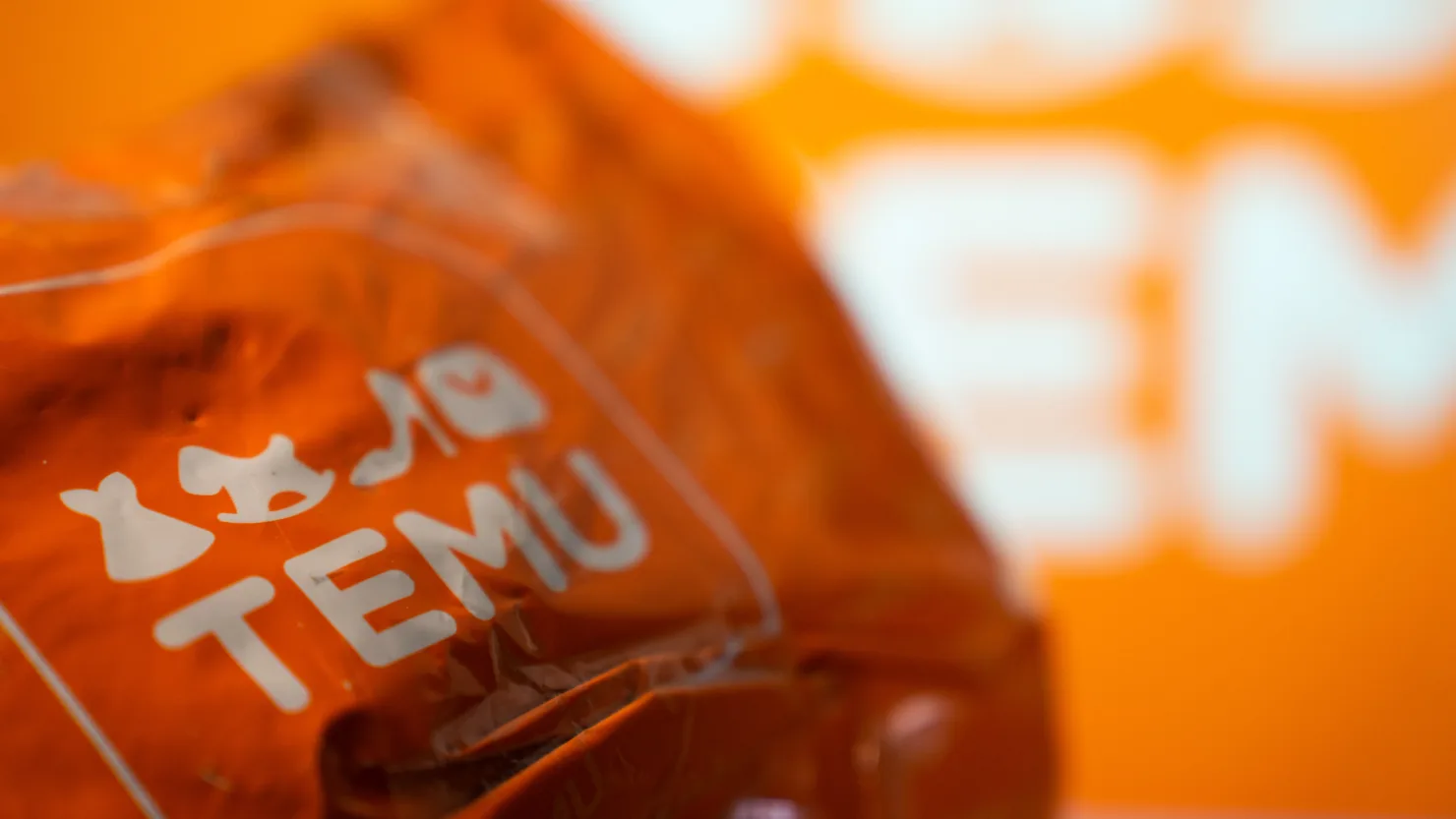Chinese discount e-commerce giant Temu has abruptly overhauled its U.S. operations after President Donald Trump’s sweeping trade actions—ending the de minimis exemption and enacting 145% tariffs on Chinese imports—took effect early Friday.
Temu’s U.S. app and website now only feature goods shipped from domestic warehouses, with formerly available China-sourced items suddenly marked “out of stock.” The shift is part of a broader retreat from its original model of ultra-cheap, direct-from-China sales, which relied heavily on the now-expired de minimis rule that allowed imports under $800 to enter the U.S. duty-free.
Temu’s spokesperson told CNBC that U.S. operations are now entirely fulfilled “from within the country” and that pricing for customers “remains unchanged,” despite the structural shift. The company has also started recruiting U.S.-based sellers to shore up domestic supply and skirt the high import costs now facing Chinese goods.
This rapid adjustment follows a chaotic rollout of trade policies: Trump briefly suspended the de minimis exemption in February, then reinstated it due to customs overload, only to permanently end it via executive order in April. The latest action removes a key advantage for Chinese e-commerce firms like Temu and Shein, forcing them to either raise prices or pivot their business models.
Before the change, Temu customers were met with shocking import charges—sometimes exceeding 130% of an item’s cost. The new domestic-focused listings prominently advertise “no import charges” and “no extra charges upon delivery,” a major selling point amid the policy upheaval.
Fallout Across the Retail Ecosystem
Temu’s rival Shein, also reliant on de minimis, has already raised prices and reassured shoppers that tariffs are baked into checkout costs. Meanwhile, Amazon’s Chinese-sourced budget section—Amazon Haul—was considering displaying tariff-related fees but abandoned the idea after friction with the White House.
Temu’s parent company, PDD Holdings, had reportedly been building its U.S. inventory in anticipation of this moment. The pivot marks a strategic gamble: surviving the tariff era by becoming more like a domestic marketplace rather than a pipeline for cut-rate Chinese exports.
Supporters of ending de minimis say the policy previously hurt U.S. businesses and enabled the flow of contraband like fentanyl by avoiding rigorous inspections. Still, the fallout could reshape how low-cost goods are sold in America—perhaps permanently.






